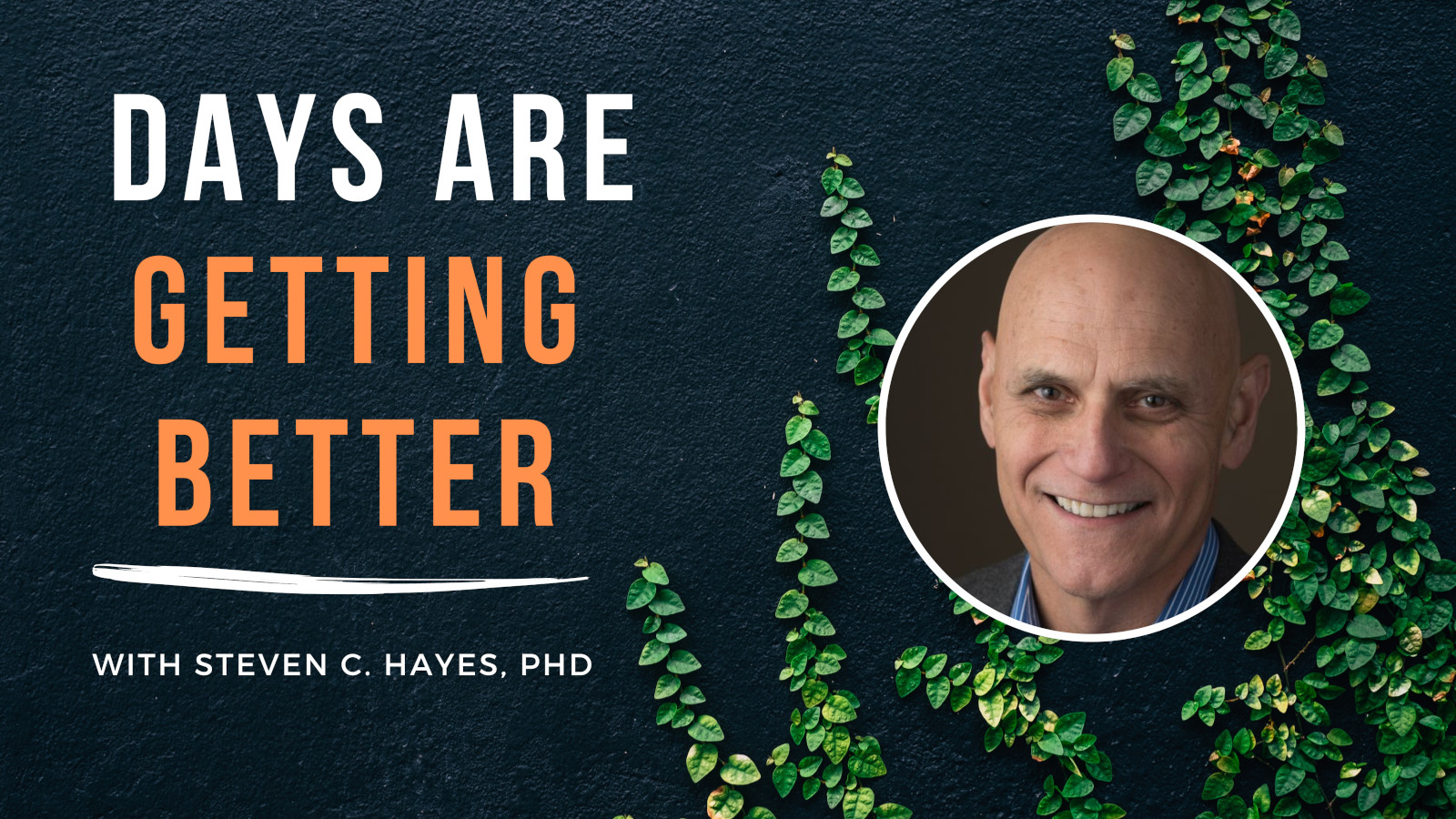Humans carry with them a cognitive toolset that allows them to plan, compare, and contrast. It is both useful and horrifying. We need to use it – but we also need to learn to rein it in. Unless we learn to rein it in, peace of mind, wholeness, and happiness are elusive. On this day following Valentine’s Day we should add that unless we learn to rein it in, we cannot love, except by accident (as we say, by “falling” in love).Let me ask a weird question. If George is smaller than Fred, but Sam is bigger than Fred, who is biggest? George or Sam?Any school child can arrive at the right answer. Two relations were combined to get there – between George and Fred, and Fred and Sam. Each is literally untrue, of course. The word “George” is not smaller than the word “Fred,” for example. But we let the words “stand for” things and then we work out the little network of relations in the abstract world of our own minds.Relating symbols is part of how we imagine futures that have never been. We might imagine “it would be better to plant the seeds in this way … so we will have more food in the winter” even though we’ve never actually planted them that way. That is useful. But with the same skills we can imagine “despite all my successes I am a failure.”
If George can be smaller than Sam for no particular reason, then the same applies to acheivment and failure. No matter how successful, how handsome or beautiful, or how much loved, it is possible for us to be a total and absolute failure inside our own minds if we buy into the thinking that takes us there. That is horrifying.These cognitive tools we use to solve problems can create an imaginary universe in which we are the problem. Our histories contain pain, rejection, and betrayal. All of us. That can so easily now become a “problem” and yet our histories will never leave us. The “problem” is not solvable inside the mode of mind that created it.We can compare ourselves to an ideal and discover that we are wanting. That too is now a problem. Yet we will never be ideal.And right after Valentine’s Day it is worth noting how these same skills can be applied to the people we love, who (surprise, surprise) are not reacting precisely as we would want. They are also now a problem. These sweet, loving, amazing creatures who walk through life with us will never be the perfection our problem solving mode of mind can demand.In our work in Acceptance and Commitment Therapy (ACT) we help people learn to be more flexible – to use a problem-solving mode of mind when we need it but without allowing it mindlessly to drain us of the vitality we contain. The acceptance, defusion, and mindfulness methods needed to be flexible in that way are powerful – we know that as a scientific fact. You can learn them now from many ACT books including my own, Get Out of Your Mind and Into Your Life. But it is helpful to get an even more immediate sense of what is possible.
Imagine a sunset that you look on with profound appreciation. It is unique. There is not another such sunset on the planet. Wow.
When looking at a sunset we can experience simple appreciation. All of us could go back into a problem-solving mode of mind of course, as if it was important that there should be a little more pink here or a little more blue there. But we do not, or at least not normally. It would violate the beautyof the moment and we sense that. Instead we appreciate.
A sunset mode of mind is transformational. It is every bit as powerful as a problem solving mode of mind. And just as a problem-solving mode of mind is available every conscious moment, so too is a sunset mode of mind.
What would your marriage look like if you looked at your spouse as you would a sunset? What would your friends look like? What would your own history look like? What would that scared or sad little kid inside look like?
Several days ago I was at a party celebrating a successful doctoral defense. There was speech after speech about the much-loved new doctor. Finally his mother stood up and explained that she had never in her whole life spoke in front of a group. Never. Not once. It was far too frightening. But in honor of her son she proceeded to give one of the most loving and moving speeches anyone had ever heard. When she finished every one of the 200 eyes in the room was wet. The love in the moment was tangible. It was like whipped cream you could gobble down in gulps without feeling full. It was wonderful.
I would bet a thousand dollars not a single person sat back and focused on a thought like “what is wrong with her that she has been so afraid?” Such judgmental thoughts, if they occurred, were allowed to drift by because they were so irrelevant in the face of the beautiful sunset of a mother’s profound love for her child. Fear did not matter.
Such is the power of a sunset mode of mind.
On this day after Valentine’s Day is worth taking just a moment to appreciate those we love. I do not mean to evaluate them as being wonderful. I mean simply to appreciate their wholeness and humanity, beyond any judgment. Full of pinks and blues, each of our loved ones is a sunset, if we but see them for who they really are. Take a moment and look with wonder. Your problem solving mode of mind may object but your sunset mode of mind can see what else is true.
Wow.
Happy Valentine’s Day.
(and thanks to my colleague Kelly Wilson for the sunset metaphor)







